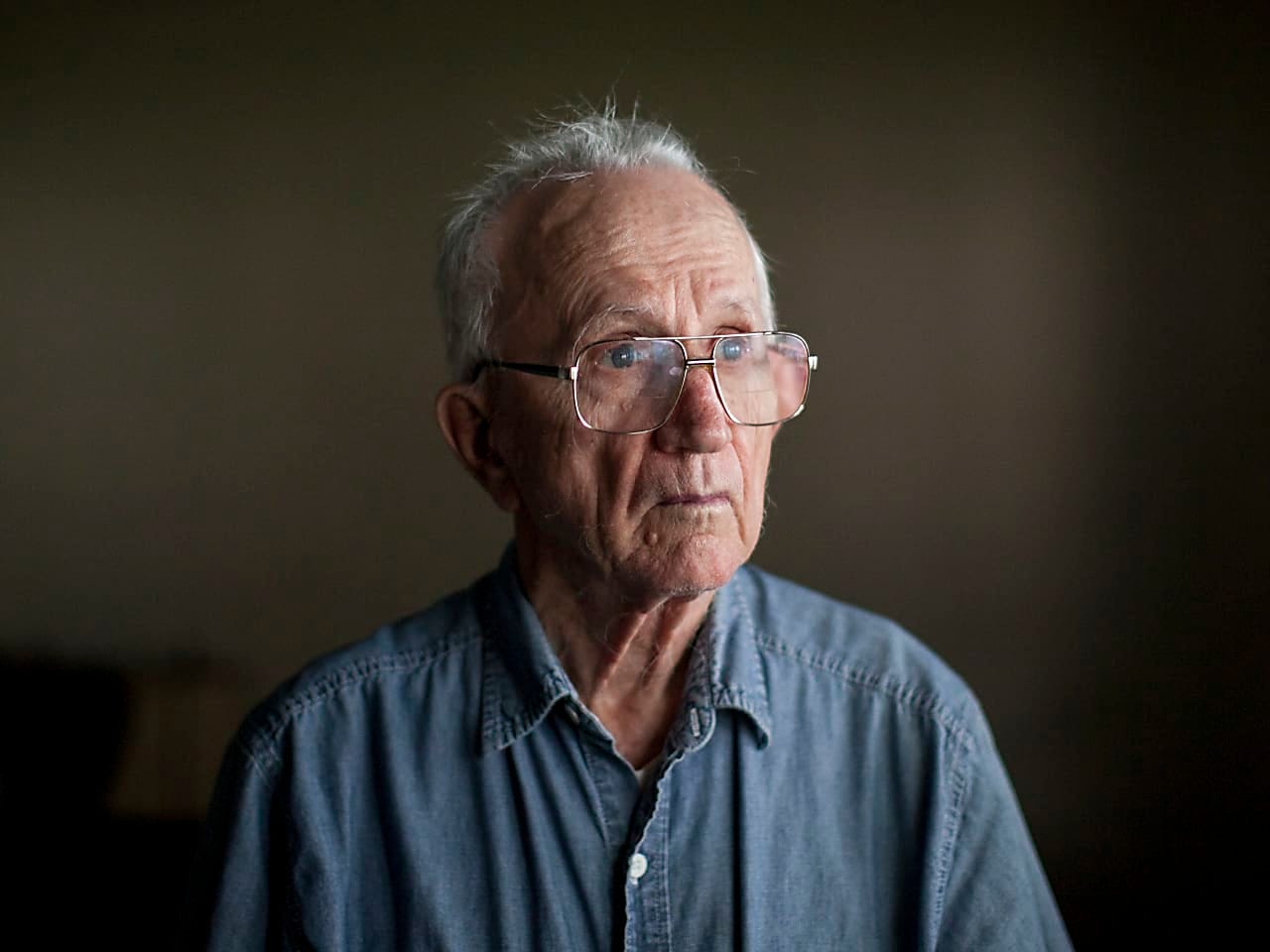A Call to Action: Honoring Veterans Through Improved Support and Preventing Future Conflicts
Reflecting on Veterans Day: The Cost of Freedom, Historical Injustices, and the Ongoing Commitment to Our Veterans
In honor of Veterans Day, it's a good time to remember and reflect on how we can improve support for our veterans. This day serves as a reminder that our freedom comes at a cost. "Freedom is not free", noted by U.S. Air Force Colonel Walter Hitchcock.
We can do better than lobotomies without consent
Dorothy Ludden, a World War II veteran, might be among the last survivors of the approximately 2,000 veterans who underwent lobotomies without consent due to PTSD from the war.

Roman Tritz's experience was comparable, with his story honored by the Wall Street Journal in 2013. He fought and had to be restrained after a multiple day battle with clinicians during his lobotomy procedure. These stories were immortalized in Michael M. Phillips’s series, "The Lobotomy Files," highlighting the government's use of lobotomies to manage "severe" psychiatric cases from the war, which often resulted in the loss of veterans' personalities and left families to cope with the aftermath.
In response, legislative measures have been introduced
The PACT Act, named after Sergeant First Class Heath Robinson, aims to significantly expand healthcare and benefits for veterans exposed to toxins like burn pits, Agent Orange, and other hazardous materials during their service. This act allows for direct enrollment in VA healthcare for veterans from conflicts since Vietnam, starting earlier than initially planned.
Military Exposure to Burn Pits: The U.S. military has used burn pits for waste disposal, particularly in Iraq and Afghanistan since 1990. Efforts since 2009 to replace these with incinerators and other safer methods continue, though logistical and operational constraints sometimes necessitate their use, exposing veterans to harmful toxins. That means the US military still use burn pits, and continue to poison soldiers and civilians.
Why is U.S. Freedom Located Overseas?
Strategic Interests: The U.S. presence abroad serves multiple purposes:
Deterrence: A forward military presence acts to deter potential adversaries.
Alliance Commitments: Upholding treaties like NATO by ensuring a physical commitment to defense.
Global Influence: Maintaining influence over global security and economic policies.
Operational Necessity: Proximity to potential conflict zones allows for quicker military response.
The persistence of Cold War dynamics can be attributed to:
Geopolitical Rivalries: The competition for influence between major powers like the U.S., Russia, and China continues, albeit in different forms, with cyber warfare, economic sanctions, and proxy conflicts replacing direct military confrontations.
Nuclear Deterrence: The location of nuclear arsenals still shapes global politics, with doctrines like "deterrence" and "mutual assured destruction" (MAD) still in play, but with updated strategies.
Ideological and Economic Conflicts: While less about communism vs. capitalism, ideological divides now often manifest in economic systems, governance models, and human rights issues, fueling tensions. In other words, corporate interests, not idealism.
Honoring Veterans by Preventing War
It is undeniably fair and right to assert that the most profound way to honor veterans is by actively working to prevent ongoing warfare. By addressing the root causes of conflicts, we not only respect the sacrifices already made but also prevent the need for future sacrifices, thereby truly valuing the freedom veterans have fought to protect.

